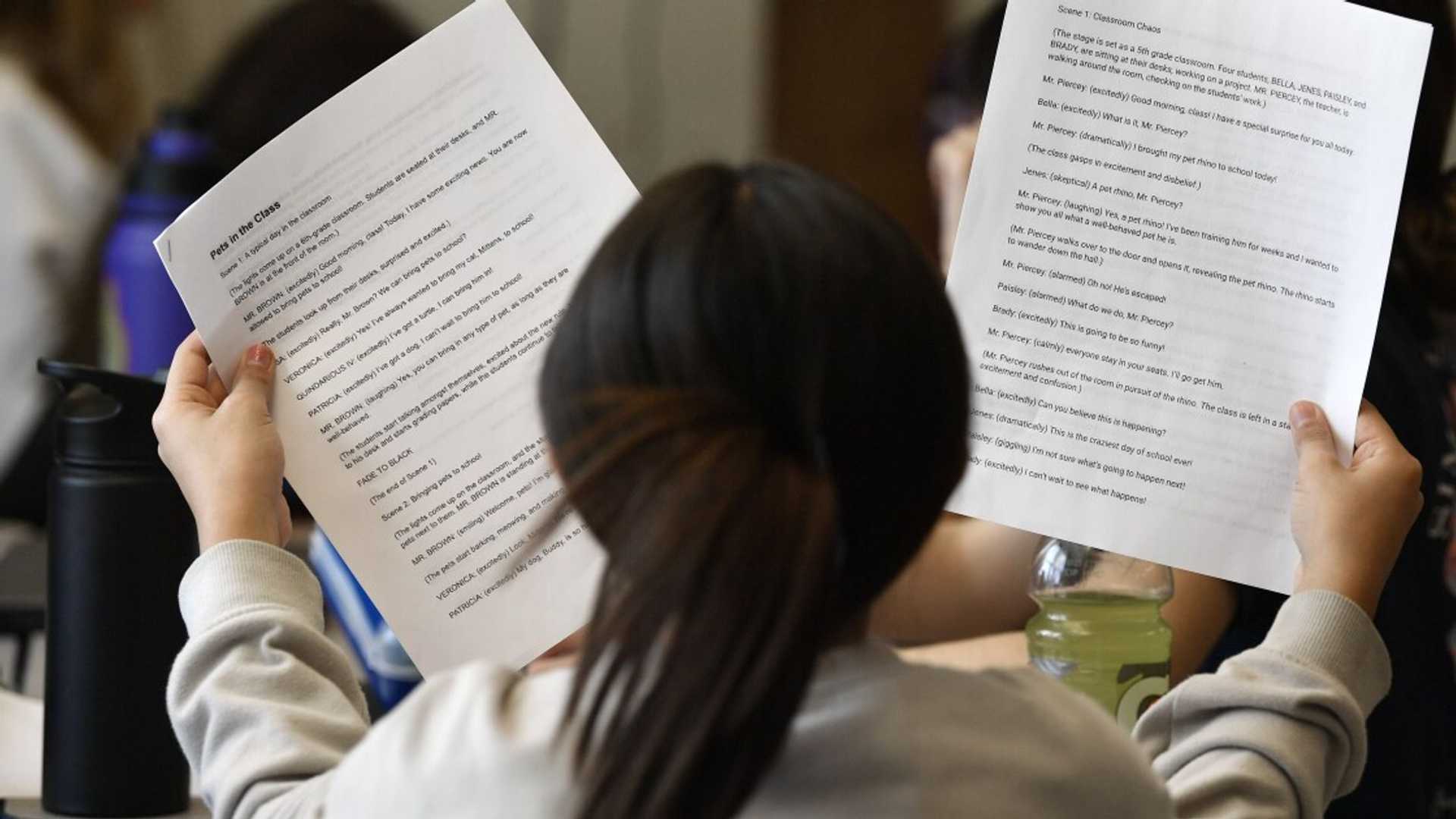To ChatGPT or not to ChatGPT: That is the AI question for FGCU ...
Florida Gulf Coast University has joined the growing list of institutions grappling with the use of artificial intelligence (AI) software ChatGPT, which was released to the public in November 2019 by San Francisco-based company Open AI.
While FGCU is still evaluating the academic impact of this new technology, the university has already begun exploring its potential uses and benefits, including creating interactive chatbots for personalized learning experiences, understanding complex topics and providing instant feedback on assignments.
Chrisann Ruehle, a faculty member in the Lutgert College of Business, and Mark Bole, an instructor in the Daveler and Kauanui School of Entrepreneurship, are using ChatGPT to help develop their lesson plans and overcome writer's block.
Despite the benefits, ChatGPT does have its drawbacks, including its bland writing style, factual errors, lack of current database, and the potential for misuse by students. While the university does not have any record of AI-specific violations, FGCU has guidelines in place for plagiarism, which would cover ChatGPT-generated papers.
FGCU encourages students to use AI technology as a tool to improve their academic experience, but faculty members caution against relying too heavily on technology, which could inhibit problem-solving, critical thinking and decision-making skills.
As academics, we have the responsibility to educate and inform our students about this technology so that they can be better prepared for the increasingly digital and automated world. The use of AI technology like ChatGPT in the classroom is a double-edged sword, but if used effectively, it can have a positive impact on personalized learning and help students to develop essential skills for the future.




















